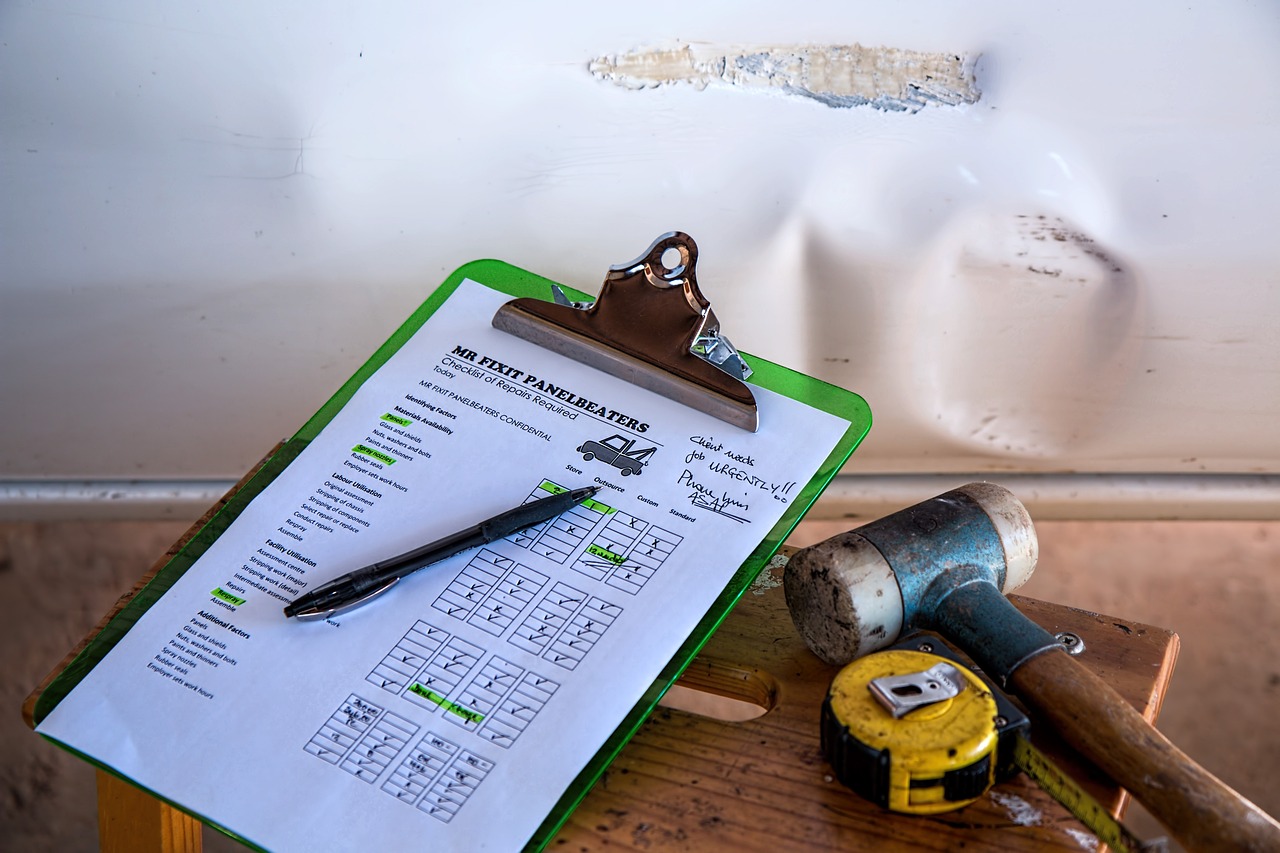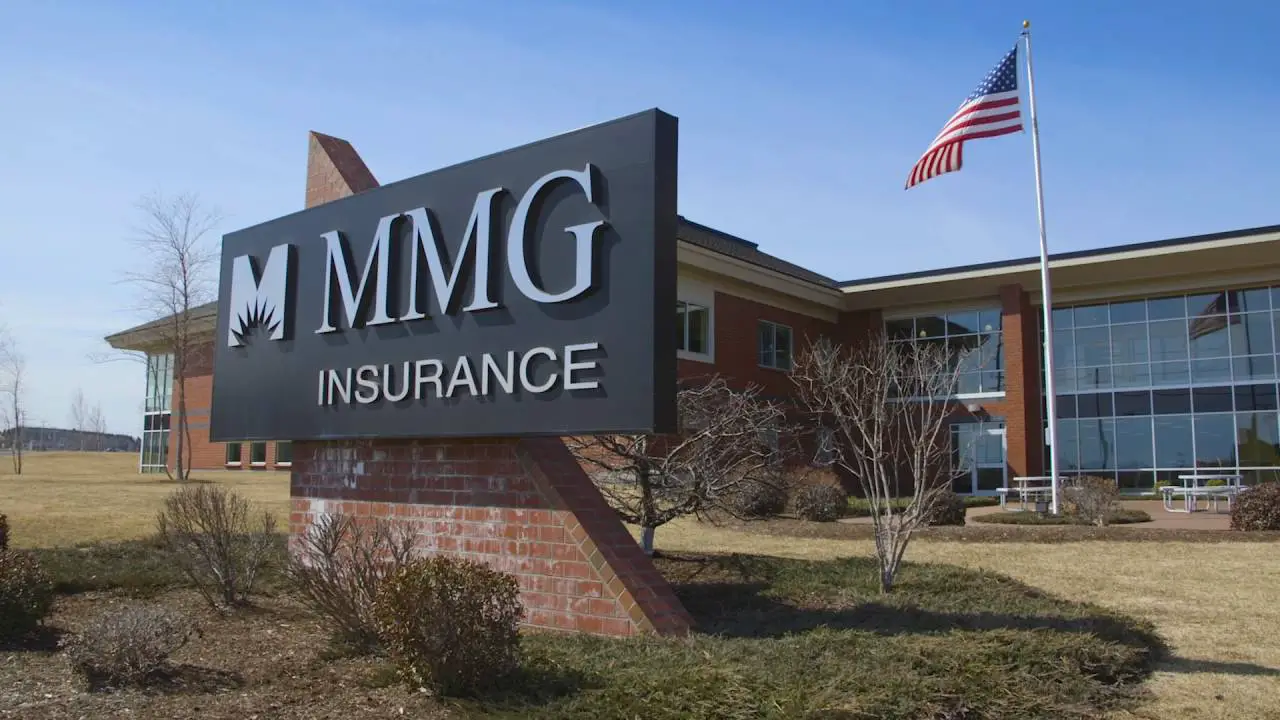Unexpected Tips About Warranty When Buying A Used Car
When you make a purchase using links on our site, we may earn an affiliate commission. Read More.
When you want to purchase a used vehicle, you may find it difficult to know what to expect when it comes to a used car warranty, you also need to familiarize yourself with the rights that come with them to know what to know in the event that something wrong occurs.
When shopping or searching for used cars, you will find some that still have the coverage of their new car warranty; you will also see cars that are sold without any warranty whatsoever.
We have an article on What To Look For When Buying A Used Car.
As this text proceeds, we will see the various types of Warranty When Buying A Used Car and the anticipated protection whether or not the car is sold void of any used car warranty.
What To Know About Warranty When Buying A Used Car
Used Car Warranty
Warranty is a type of an included insurance coverage to protect you against specific faults that go beyond your statutory rights.
The warranty is not a replacement for your rights under the Consumer Rights Act.

What it does is that it covers an extended range of faults which are not good reasons for turning the car down.
There are different warranty types that may be suitable for the used car you intend to purchase, and it is essential that you ascertain the one best suited for you.
New Car Warranty
A car that has been used fairly may likely still have the coverage of the new car warranty of the manufacturer.
The new car warranty is the best type of warranty you can have because it is easy to make a claim through the main car dealer.
For the manufacturer’s warranty to be valid, the car has to be regularly serviced.
Several car manufacturers give their new cars a three-year warranty while others offer more than that.
Some manufacturers also offer extended car warranties if you are willing to pay some extra charges but some of the extended warranties do not come with the same benefits and terms of the initial warranty.
Approved Used Car Warranty
Approved used car warranty can also be utilized by main dealers of big car brands for around a twelve-month period.
The Approved Used car warranty can also be referred to as manufacturer warranty, but are usually underwritten and managed by a third party insurer on behalf of the car dealer or manufacturer.
In most cases, the approved used car warranty comes with an added condition that the car must be serviced by either another franchised dealer or the selling dealer to attain the validity of the warranty.
Unlike the new car warranty, this is enforceable because the manufacturer does not provide the warranty.
Aftermarket Used Car Warranty
Several traders of used cars offer their clients a type of warranty on their cars but there are huge differences in the values of these warranties.
Some of these warranties are branded products offered in partnership with a breakdown provider like the RAC or AA.
However, these warranties are usually underwritten and managed by a specialist insurance company.
The term you get for some of these warranties maybe a year, month, or week with certain areas that the warranty does not and cannot cover.
Some of these warranties come with distinct processes one has to follow for these warranties to be claimed; you may need to be authorized from the warranty company to carry on in some cases.
Other warranties may need you to pay upfront for any work and refund you after you have had your claim approved.
You will also get a cap on the amount of cash the warranty will give you in the case of a repair which may not be substantial enough to cover the cost of fixing your car.
Before buying any warranty, it is imperative to read the fine print on them especially if you are getting aftermarket product warranty because the conditions and terms are different on ever warranty.
It will be safer for you if you are aware of what is covered and how it works before you have a problem to avoid sticky situations in the case of damage that needs repair.
Cars with higher or older mileage usually get warranties that cover less than warranties offered to cars that are new or relatively new.
No Warranty
It is not seen as a crime if a trader sells a car that has no warranty, you find this situation when you purchase incredibly cheap vehicles.
As opposed to your statutory rights, the dealer of a car can give you a discount in return for getting a warranty waived.
Regardless of that, you ought to be careful around dealers who have this sort of deals because it makes you responsible financially for any fault the cars may eventually sustain that may not be worthy of to reject.
The argument most of these dealers have is that if the car is bought privately, you will not get a warranty which makes it difficult for a dealer to profitably trade on a cheap vehicle if it is their responsibility to provide a warranty when buying a used car.
By getting the warranty removed, they can give you the savings. It is recommended that you only agree to this if you have the balls for the responsibility that comes with it.
Inquire About The Warranty You Are Offered
When you want to purchase a car from a trader, it is imperative to make your inquiries about the used car warranty and its coverage.
Do not allow them to brush you off or telling you that a booklet will be given to you when you come to collect the car (which is usually after paying).
Ensure to get the appropriate answers and request for a copy of the booklet before buying the car. You will want to know Detailed Step-by-Step What To Do After Buying A Used Car
Stay away from any trader who has “no warranty” written on a sales contract without any explanation offered.
Whenever you notice that there is no warranty when buying a used car, ensure you know before you get to see it on the contract (You get the contract after payment has been made).
This act is not a crime but it is a shady demeanor and a sign that the car dealer may be dishonest about the condition of the vehicle.
Apart from the “no warranty” trick, a shady dealer may try other things like writing “trade only” or “spares or repairs” somewhere on the sales contract.
Whenever you make the move to purchase a used car, it is your right and a wise move to inquire about whatever the dealer tells you, you do not and should not believe everything the salesman tells you at first utterance.
Once the contract is signed, it is already too late for you to back out from the deal because it is assumed that you already know and agree to the terms and conditions that come with the car.
You have to be sure of what you are spending your money on or you may regret your actions later, most people usually do and you do not want to be most people.
Important Things To Know About Car Warranty
The Warranty Of The Manufacturer May Still Apply
As aforementioned in this article, there is a high probability that the manufacturer’s warranty on a car still applies. This may be found in the buyer’s guide of the car (if it is still available).
If you want to enjoy the benefits that come with such a warranty, you have to know if it is transferrable to you and what is in it.
Ask the car dealer for the warranty documents of the car. When you get a look at what the warranty covers with details like the mileage, expiration of the warranty, and others then you can contact the manufacturer to get its accuracy verified.
The warranty for a car manufacturer usually covers the first three years of a vehicle’s existence.
All Car Warranties Are Different
You may have limited coverage if your vehicle does not have a used car warranty.
You should get specifics on the service contract of the vehicle and know who is legally responsible for the repairs.
Ensure to read the fine print to get familiar with all the details and ensure all your questions are answered before purchasing your vehicle.
It is also important to know where you are purchasing your warranty from because in some cases the car dealer may be selling a contract from a third party warranty company.
You can get the auto warranty policies of the company researched.
Extended Warranties: Are They Worth It?
When a vehicle is purchased, the buyer may have the option of buying a service contract which is also referred to as extended warranty.
This service contract means that the dealer agrees to pay for or perform specific services or repairs on the car. This coverage can be bought for an added charge.
Let us look at some points to help you know if extended warranties are worth it:
Transfer
When you read through a service contract, look out to know if the warranties of the power train and original bumper-to-bumper are transferrable, if that is the case check how many miles and how much time the warranty coverage has left.
Cost Of Common Repairs Versus Cost Of Warranty
Although an extended warranty may give you a semblance of mental peace, it may leave a dent in your bank account, costing between $1,000 to $3,000.
When you attain a quote from the car dealer, find out the cost of common repairs and what the warranty is all about.
Look Out For Other Options
If you do not feel comfortable about acquiring a used car that has no warranty you may take a look at these other options:
Have Some Extra Cash For Repairs
If it is possible to keep some extra cash aside, this can help you cover whatever you may need to fix in the long run.
If you have nothing to repair in the nearest future, you can use the money for something else or turn it to save for your next vehicle (maybe a brand new one this time).
Get A Car Leased
The car you lease may have a warranty that has the repairs covered. If this is the case, you do not have to bother about tackling unprecedented costs.
Check The Buyers Guide For Warranty Details
You should be able to get information about any used car in the Buyers Guide.
The Federal Trade Commission requires dealers to display the Buyers Guide in used cars they intend to sell. The Buyers Guide is mostly displayed on the window of the car.
The Buyers Guide tells you if a vehicle has a warranty or if it is being sold “as is”. “As is” means that if you face any issues or you need to repair it after exiting the lot you are on your own.
If the vehicle does have a warranty, the percentage costs of repairs the dealer must pay as part of the warranty should be included in the Buyers Guide.
Several states prohibit what vehicles may be sold “as is”. For example, if a used car is selling beyond a particular price range, you do not get an “as is” sale. On the other hand, different closures on the Buyers Guide is needed by some states.
Final Thoughts
Before you purchase a used vehicle, endeavor to check thoroughly if there is a warranty already there.
If you find a warranty, check the type of service contract or warranty and the range of coverage.
If you do not find a warranty in the intended used car, make sure you pay close attention to ascertain if opting for an extended warranty is the best way to go and if it is healthy for your account balance.
If you do not want to get your warranty, check to see if you can handle the bills of any repairs that may occur in the long run.









